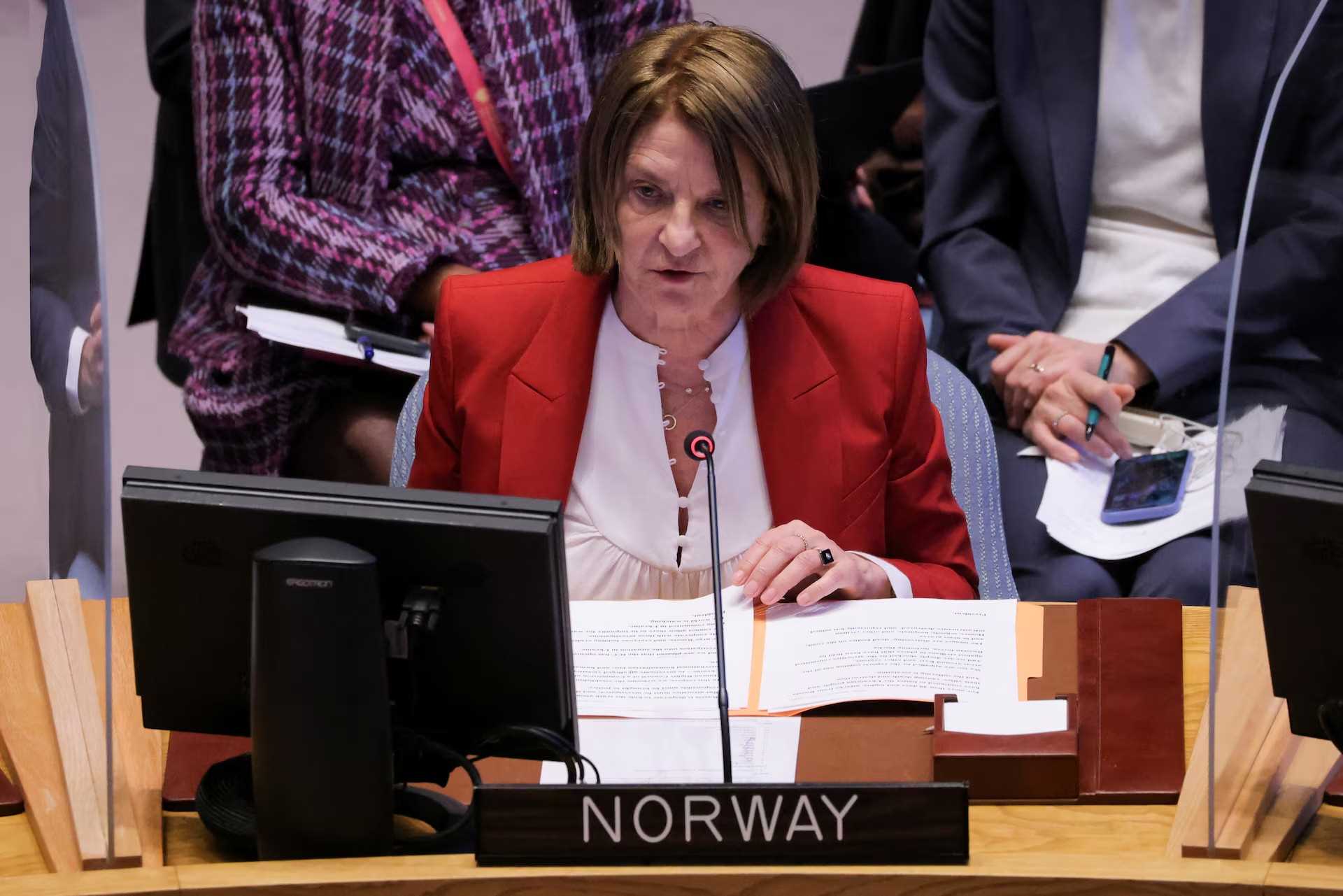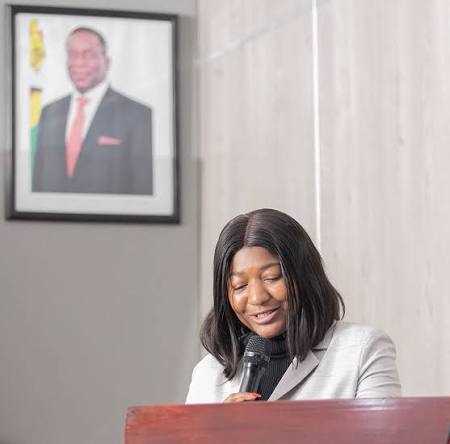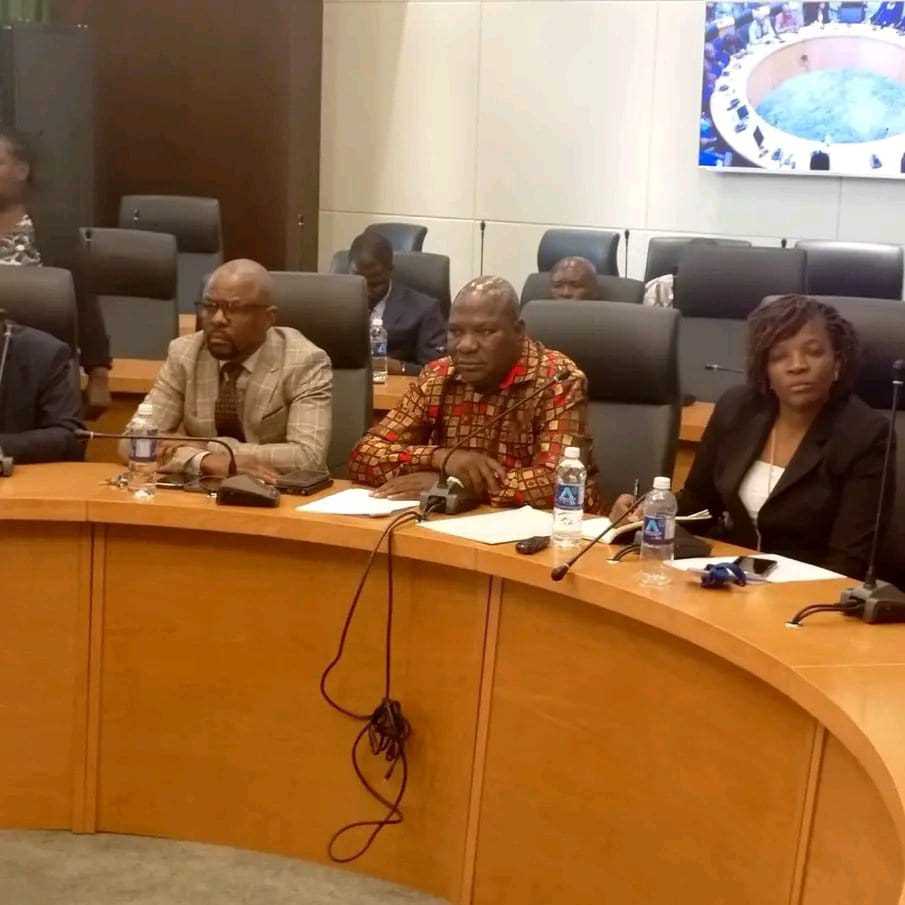
Oscar J. Jeke
Zim Now Reporter
The recent ceasefire agreement between Israel and Hezbollah has ignited a wave of optimism among world leaders, who view this development as a critical opportunity to address ongoing conflicts in the region, particularly in Gaza. After 14 months of relentless violence that devastated southern Lebanon and displaced thousands, this fragile truce offers not just a pause in the fighting but also a glimmer of hope for the broader Middle East. As communities begin to rebuild their shattered lives, global leaders are seizing the moment to push for a ripple effect that might extend to Gaza, where tensions remain perilously high.
The announcement has been met with widespread relief across Lebanon, where citizens celebrated the ceasefire with gunfire in Beirut, marking a moment of respite from the chaos that has plagued their lives. On the ground in Lebanon, the ceasefire sparked a mix of celebration and caution. Families are cautiously returning to their homes in the south, but the destruction left in the wake of the conflict is staggering. Entire neighborhoods have been leveled, hospitals reduced to rubble, and essential services disrupted. Despite the relief, the scars of war remain painfully visible, leaving many Lebanese citizens wary about what the future holds.
Prime Minister Najib Mikati hailed the agreement as a “fundamental step” toward stability, expressing gratitude to both the United States and France for their roles in brokering the deal. Yet, Mikati also stressed that Lebanon’s long-term security hinges on the unified support of its people and the strength of its national army.
The Lebanon ceasefire represents more than just a cessation of hostilities; it embodies hope for a more stable future in a region long plagued by conflict. International leaders are rallying around this moment, seeing it as a unique opportunity to transition from conflict resolution to sustainable peace-building efforts.
Related Stories
The spotlight now turns to Gaza, where the humanitarian crisis continues to deepen. Inspired by progress in Lebanon, global leaders are advocating for a similar approach to resolve the conflict between Israel and Hamas. German Foreign Minister Annalena Baerbock described the Lebanon truce as a “beacon of hope,” urging all parties to work toward broader stability in the region. However, the path to peace in Gaza remains fraught with challenges, from deep-seated political divisions to the pervasive mistrust between opposing factions.
U.S. President Joe Biden described the ceasefire as “good news,” framing it as a critical step toward regional stability. His administration has already begun laying the groundwork for a similar effort in Gaza, where violence between Israel and Hamas continues to escalate. Biden expressed his intention to lead efforts toward establishing a similar truce in Gaza. French President Emmanuel Macron echoed this sentiment, urging a focus on diplomacy to address the root causes of unrest across the Middle East.
Ursula von der Leyen, President of the European Commission, called the ceasefire “very encouraging,” noting its potential to bolster internal security in Lebanon. U.K. Prime Minister Keir Starmer emphasized that this ceasefire should lead to sustainable political solutions across the Middle East.
UNICEF Executive Director Catherine Russell expressed hope that the ceasefire would facilitate healing for communities ravaged by violence, particularly for children who have borne the brunt of the conflict. She noted that over 240 children have lost their lives, with many more injured and displaced. Russell emphasized the need for urgent humanitarian access to ensure that families can return home safely and rebuild their lives.
While UNICEF highlights the importance of prioritizing the safety and well-being of children and families, a senior UN official warned that substantial efforts would be required to ensure compliance with the ceasefire agreement. The UN expressed its readiness to monitor the truce closely to prevent any resurgence of violence.
Despite the optimism, significant challenges remain. The Israeli government has expressed cautious skepticism about the ceasefire's effectiveness. Prime Minister Benjamin Netanyahu acknowledged his gratitude toward Biden but reiterated that Israel would maintain military options if necessary, particularly regarding threats from Hezbollah and Hamas. Netanyahu voiced doubts about Hezbollah’s commitment to peace, emphasizing that Israel would not hesitate to resume military action if provoked.
This sentiment is echoed by segments of the Israeli public, who view the ceasefire as tenuous at best. Netanyahu’s firm stance serves as a reminder of the fragility of this agreement and the complexities of achieving lasting peace in a region rife with historical grievances.




















Leave Comments